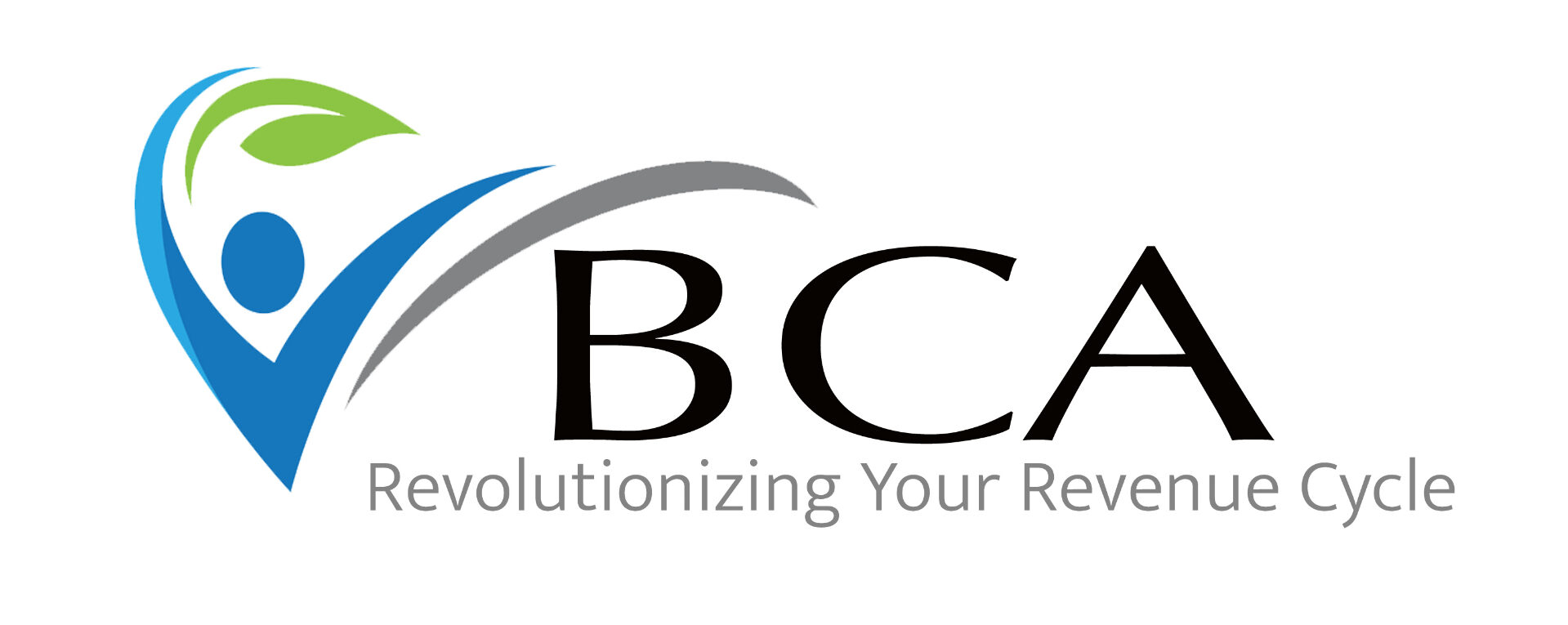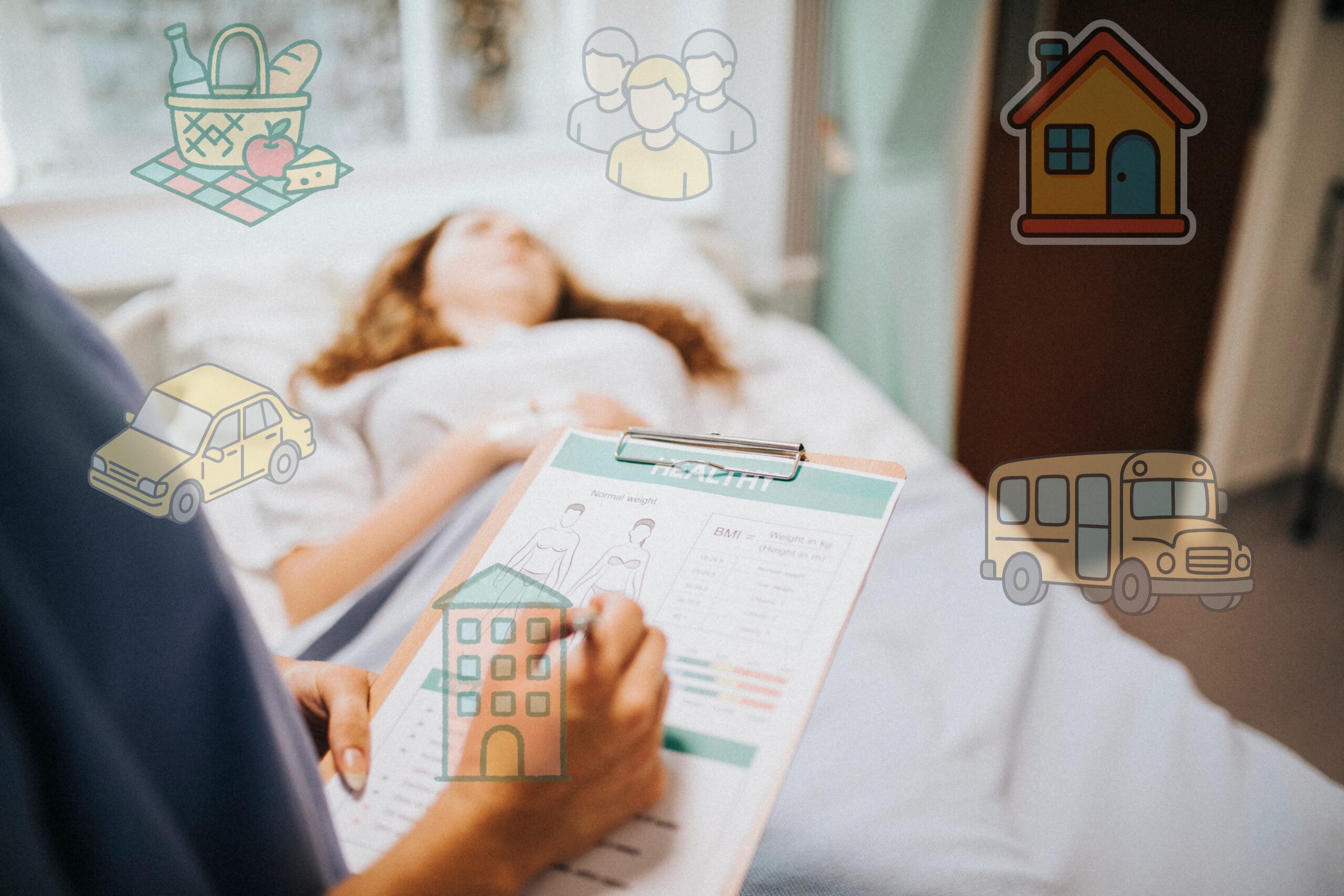The Centers for Medicare & Medicaid Services (CMS) is intensifying its focus on Social Determinants of Health (SDOH), urging healthcare providers to systematically identify and document social risk factors using ICD-10-CM Z codes. These codes, spanning categories Z55–Z65, capture non-medical factors such as housing instability, food insecurity, and social isolation—elements that significantly influence patient health outcomes. As CMS continues to emphasize the importance of this data, the question arises: Is your clinic prepared to navigate this evolving landscape?
CMS’s Push for Comprehensive SDOH Documentation
CMS has been actively promoting the use of Z codes to enhance the understanding of patient health beyond clinical diagnoses. According to CMS guidelines, these codes should be assigned when documented in the medical record by any clinician involved in the patient’s care, not necessarily the primary provider. This inclusive approach allows for a more holistic view of patient needs, facilitating better care coordination and resource allocation.
The agency’s efforts are evident in resources like the “Using Z Codes” infographic, which outlines a five-step process for integrating SDOH data into healthcare practices. The steps include identifying social risk factors, documenting them in the medical record, using the data to inform care decisions, reporting findings to stakeholders, and utilizing the information to improve health equity and outcomes
Z Codes in Action: Real-World Applications
The practical application of Z codes extends across various healthcare settings. For instance, a patient experiencing homelessness may have a documented Z code indicating this social determinant. This information can prompt healthcare providers to connect the patient with housing assistance services, thereby addressing a critical barrier to health improvement. Similarly, identifying food insecurity through Z codes can lead to referrals to community nutrition programs, supporting better health outcomes.
Moreover, CMS highlights that Z codes can be used to track disparities and inform quality improvement initiatives. By analyzing patterns in SDOH data, healthcare organizations can identify underserved populations and tailor interventions to meet their specific needs.
How BCA Supports Clinics in Navigating SDOH Documentation
At BCA, we recognize the complexities healthcare providers face in integrating SDOH data into their practices. Our comprehensive services are designed to assist clinics in effectively utilizing Z codes to enhance patient care and comply with CMS requirements.
1. Training and Education: We offer specialized training sessions to educate healthcare teams on the importance of SDOH documentation and the proper use of Z codes.
2. Coding Support: Our experienced coders provide guidance on accurately assigning Z codes, ensuring that all relevant social risk factors are captured in the medical record.
3. Auditing Services: BCA conducts thorough audits to assess the completeness and accuracy of SDOH data documentation, identifying areas for improvement and ensuring compliance with CMS standards.
4. Data Analysis: We assist clinics in analyzing SDOH data to uncover trends and disparities, enabling informed decision-making and targeted interventions to improve health equity.
By partnering with BCA, clinics can streamline the process of integrating SDOH documentation into their workflows, ultimately leading to improved patient outcomes and alignment with CMS’s evolving expectations.
Ready to Enhance Your SDOH Documentation?
As CMS continues to prioritize the collection and utilization of SDOH data, it’s crucial for healthcare providers to stay ahead of the curve. Implementing robust systems for documenting Z codes not only supports compliance but also fosters a more comprehensive approach to patient care.
Ensure your clinic captures the full picture of patient health with accurate SDOH documentation.
At BCA, we help healthcare teams effectively implement Z codes and integrate social risk factor data into everyday workflows.
Schedule a consultation with one of our experts to get started.

